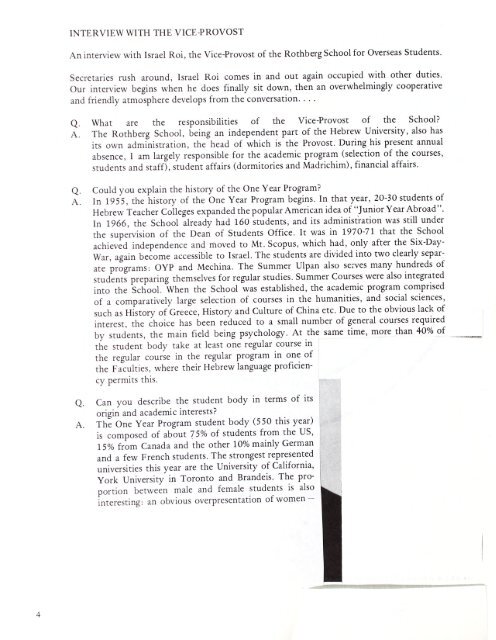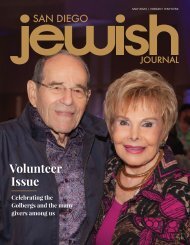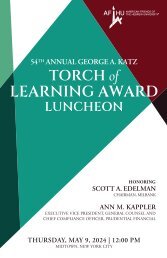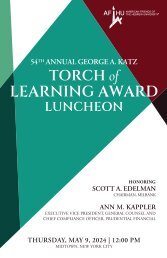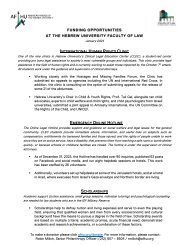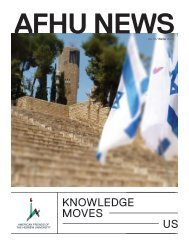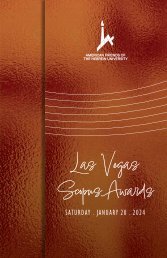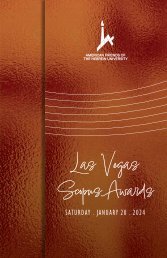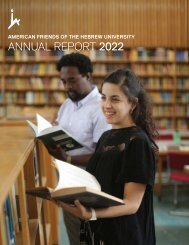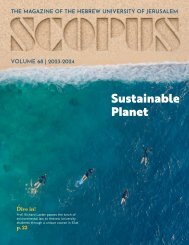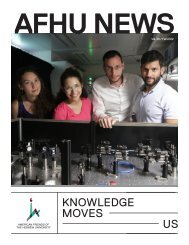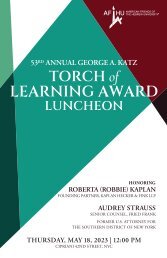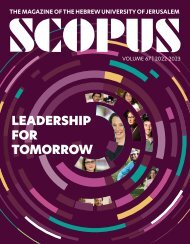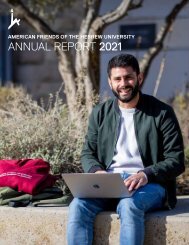You also want an ePaper? Increase the reach of your titles
YUMPU automatically turns print PDFs into web optimized ePapers that Google loves.
IN T E R V IE W W ITH THE VICE-PROVOST<br />
An interview with Israel Roi, the Vice-Provost o f the <strong>Rothberg</strong> School for Overseas Students.<br />
Secretaries rush around, Israel Roi comes in and out again occupied with other duties.<br />
Our interview begins when he does finally sit down, then an overwhelmingly cooperative<br />
and friendly atmosphere develops from the conversation. . . .<br />
Q. What are the responsibilities o f the Vice-Provost o f the School?<br />
A .<br />
The <strong>Rothberg</strong> School, being an independent part o f the Hebrew University, also has<br />
its own administration, the head o f which is the Provost. During his present annual<br />
absence, I am largely responsible for the academic program (selection o f the courses,<br />
students and staff), student affairs (dormitories and Madrichim), financial affairs.<br />
Q. Could you explain the history o f the One Year Program?<br />
A . In 1955, the history o f the One Year Program begins. In that year, 20-30 students of<br />
Hebrew Teacher Colleges expanded the popular American idea o f “ Junior Year Abroad” .<br />
In 1966, the School already had 160 students, and its administration was still under<br />
the supervision o f the Dean o f Students Office. It was in 1970-71 that the School<br />
achieved independence and moved to Mt. Scopus, which had, only after the Six-Day-<br />
War, again become accessible to Israel. The students are divided into two clearly separate<br />
programs: O YP and Mechina. The Summer Ulpan also serves many hundreds o f<br />
students preparing themselves for regular studies. Summer Courses were also integrated<br />
into the School. When the School was established, the academic program comprised<br />
o f a comparatively large selection o f courses in the humanities, and social sciences,<br />
such as History o f Greece, History and Culture o f China etc. Due to the obvious lack of<br />
interest, the choice has been reduced to a small number o f general courses required<br />
by students, the main field being psychology. A t the same time, more than 40% o f<br />
the student body take at least one regular course in<br />
the regular course in the regular program in one o f<br />
the Faculties, where their Hebrew language proficiency<br />
permits this.<br />
Q. Can you describe the student body in terms o f its<br />
origin and academic interests?<br />
A. The One Year Program student body (550 this year)<br />
is composed o f about 75% o f students from the US,<br />
15% from Canada and the other 10% mainly German<br />
and a few French students. The strongest represented<br />
universities this year are the University o f California,<br />
Y ork University in Toronto and Brandeis. The proportion<br />
between male and female students is also<br />
interesting: an obvious overpresentation o f w om en -<br />
4


